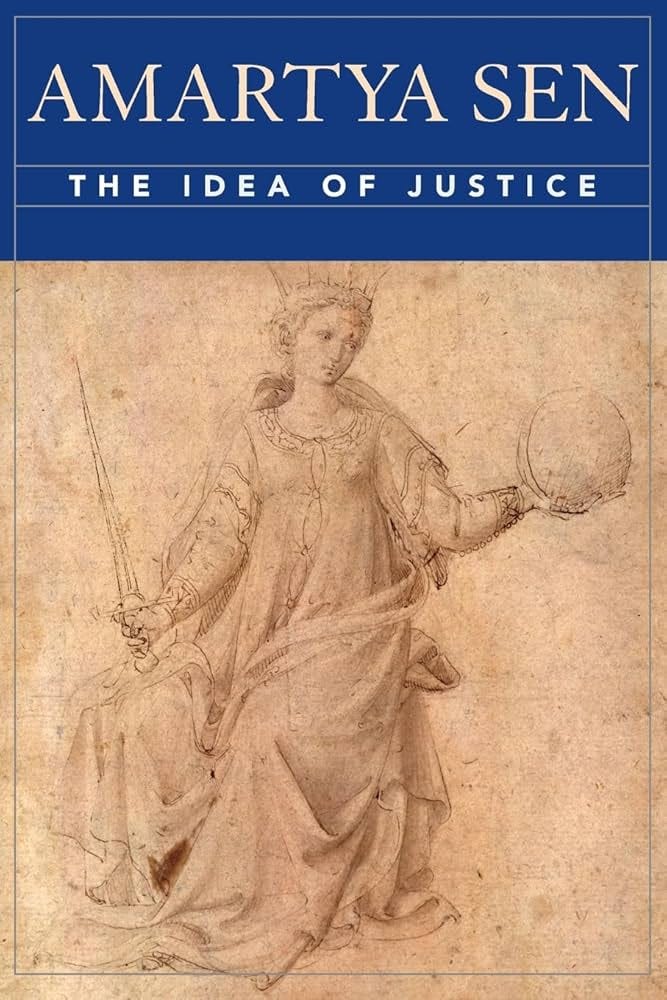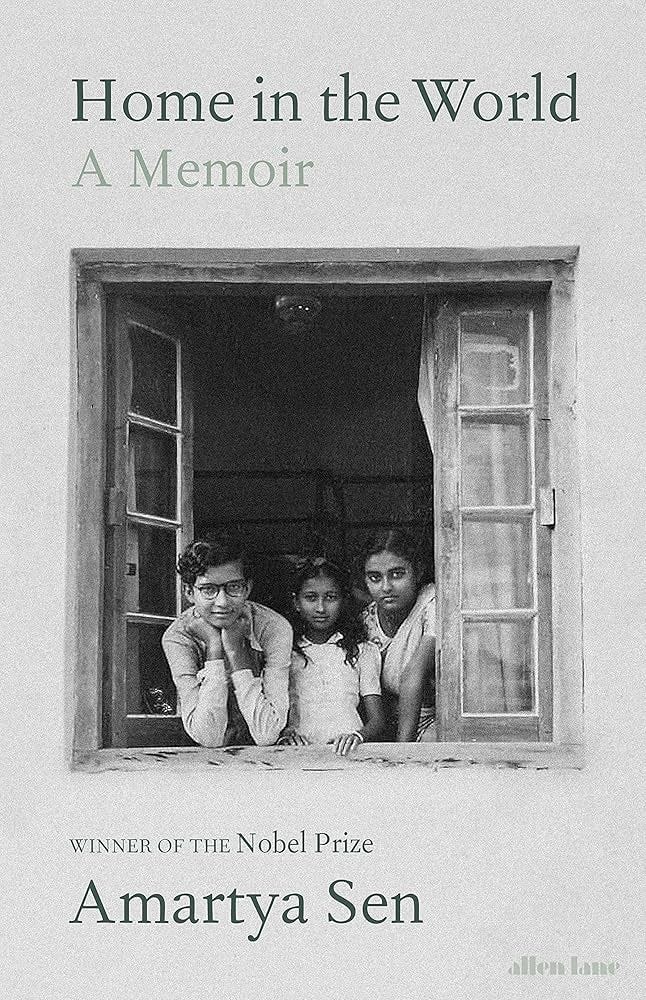Amartya Sen
What I learned about justice, freedom and what it means to live well.
There are books that entertain, others that inform — and then there are the rare ones that redefine how you see the world.
For me, The Idea of Justice by Amartya Sen was one of those books.
Sen is a Nobel Prize-winning economist and philosopher, but what makes his work so powerful isn’t just his academic brilliance, but the way he connects justice to real people, real lives, and real choices.
His writing helped me understand that justice isn’t about building perfect theories. It’s about reducing suffering in the world we already live in.
The Idea of Justice: More than a theory
What struck me most about The Idea of Justice was its rejection of abstract perfection.
Sen doesn’t ask, What would a perfectly just society look like? Instead, he asks something more practical – and in my view, more human:
"Where is the injustice now, and how can we reduce it?"
This approach shifted something in me. It helped me see justice not as a destination, but as an ongoing process — one shaped by dialogue, empathy, and action.
The Capability Approach: A new way to think about wellbeing
Another idea that changed my perspective was Sen’s Capability Approach.
Instead of measuring a person’s life by income or GDP, Sen argues we should look at their freedoms — their real opportunities to do and be what they value.
Can they go to school? Access healthcare? Express themselves freely? Participate in society? Ride a bicycle?
This idea helped me redefine what it means to live a “good life.”
It’s not just about having more — it’s about having choice.
Freedom, in Sen’s framework, is both the goal of development and the means to achieve it.
A philosopher of the real world
Sen’s work matters because it’s grounded in the real world.
From poverty and famine to inequality and democracy, he brings economics and ethics into the same room — and makes them talk to each other.
Reading Sen gave me a vocabulary to talk about things I felt, but couldn’t yet name: the difference between equality and equity, the quiet violence of exclusion, the dignity of choice.
Home in the World: A personal reflection
Recently, I read his memoir, Home in the World, and it felt like sitting down with a wise old friend.
In it, Sen reflects on his childhood in Bengal, his time at Cambridge and his lifelong journey across cultures, disciplines, and ideas.
What moved me most was how curious and humble he remained through it all.
He never stopped asking questions — and never stopped believing that ideas, if used with care, can make people’s lives better.
Amartya Sen didn’t just teach me about justice or economics.
He taught me to think more slowly, more globally and more compassionately.
He reminded me that the world isn’t fixed — it’s a work in progress.
And that progress depends not only on the systems we build, but on the freedom we create for each person to live with dignity.
If you haven’t read him yet, start with The Idea of Justice.
And if you want to understand the person behind the ideas, Home in the World is a beautiful place to begin.




